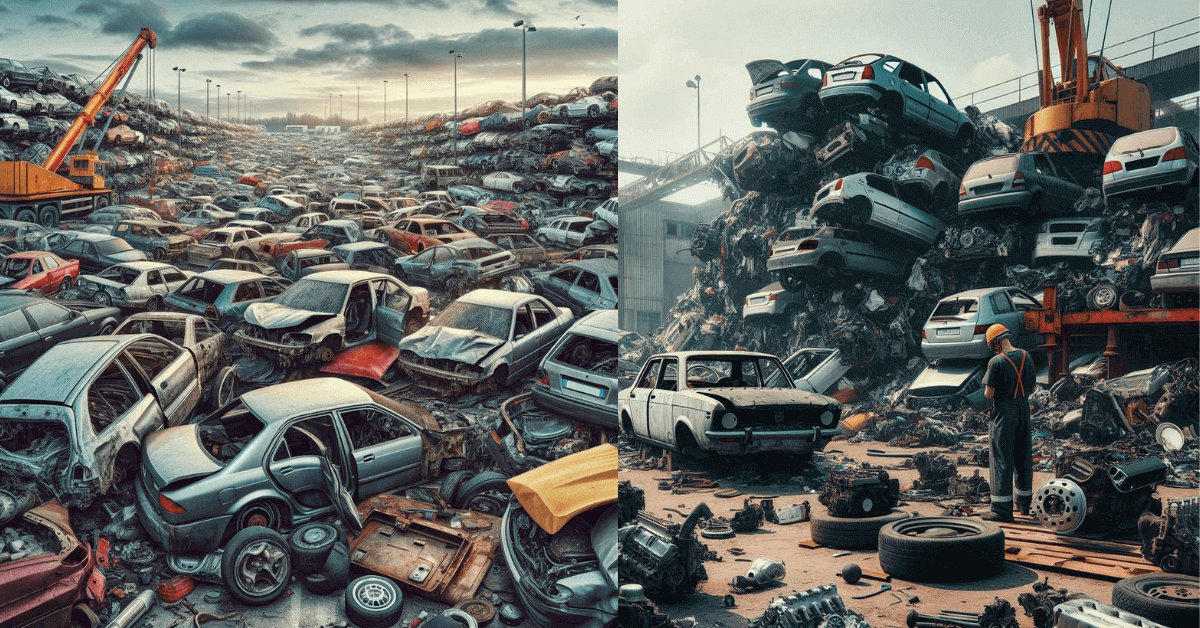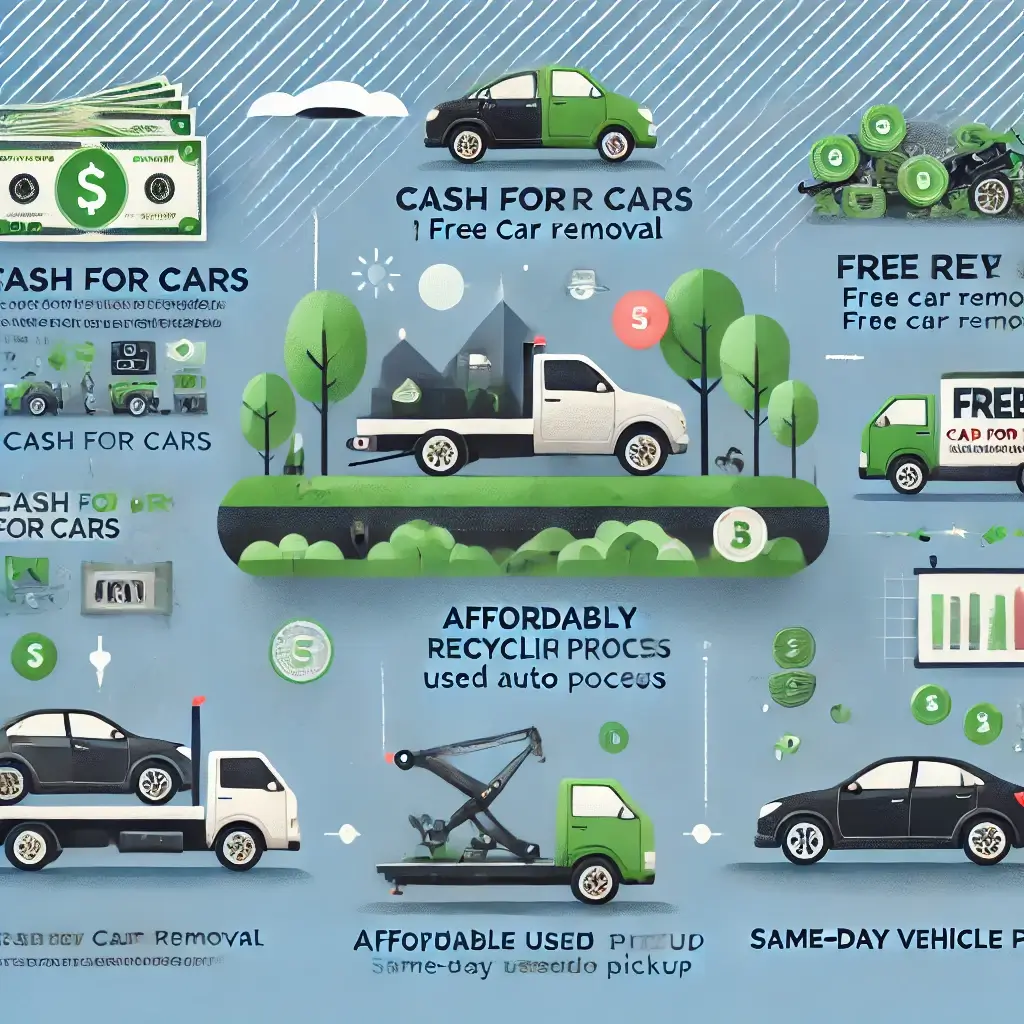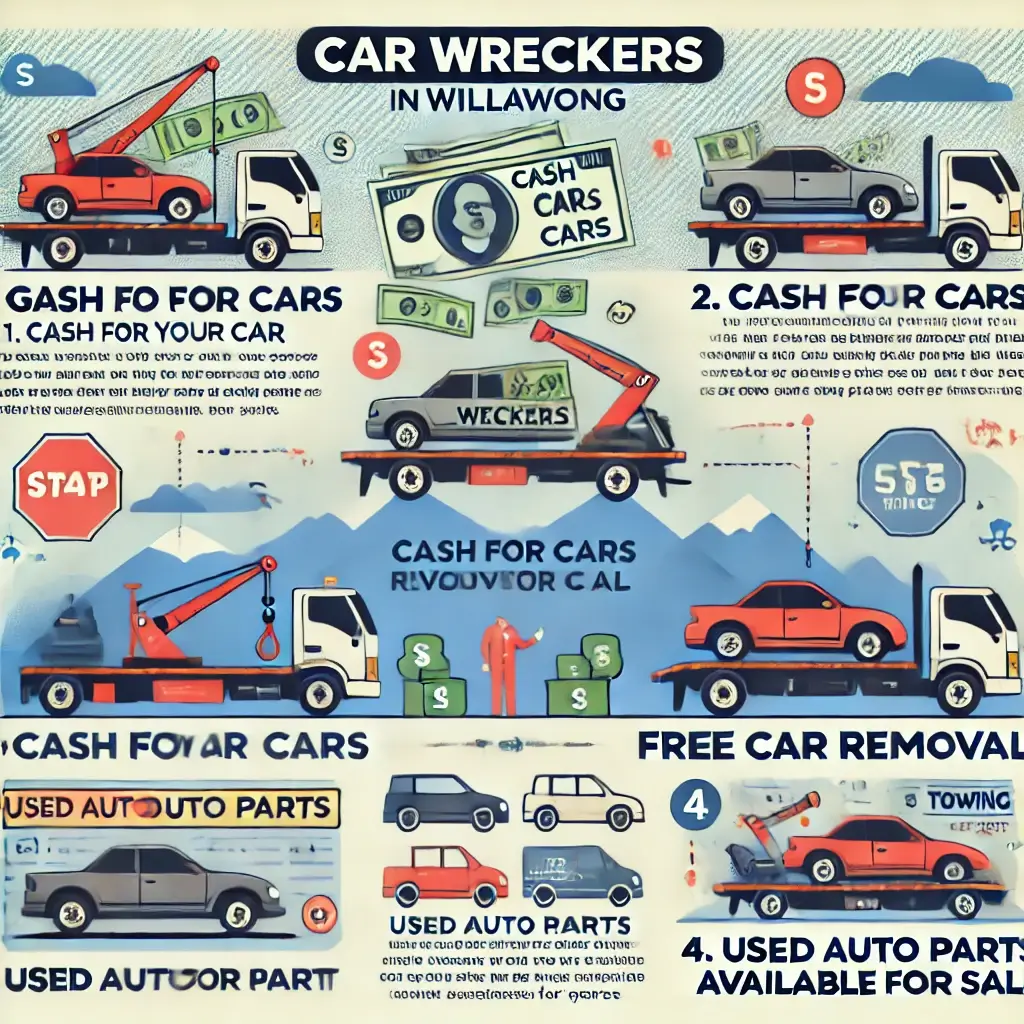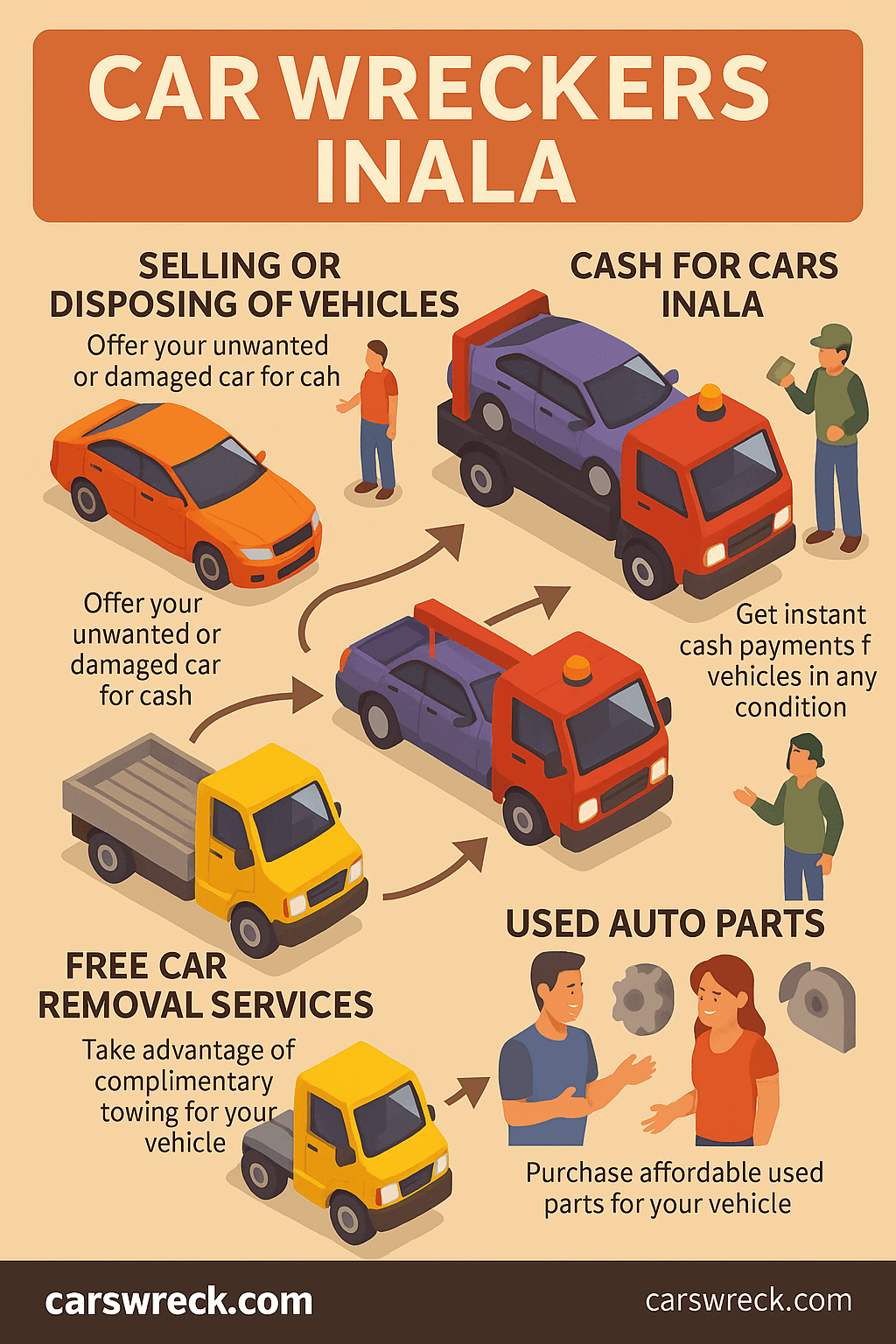What is a Car Wrecker?

Car wreckers, also known as auto recyclers or dismantlers, play a crucial role in the automotive industry. They are businesses that specialize in dismantling, salvaging, and recycling old, damaged, or unwanted vehicles. This article will delve into what car wreckers do, their benefits, how to find a reliable car wrecker, and other essential aspects related to this industry.
Car wreckers are essential players in the automotive ecosystem, providing valuable services that contribute to environmental sustainability and resource conservation. When a vehicle reaches the end of its usable life due to age, damage, or mechanical issues, owners often turn to car wreckers for a solution.
What Do Car Wreckers Do?
Car wreckers typically follow a process that involves several steps:
Vehicle Assessment:
Upon receiving a vehicle, wreckers assess its condition to determine its salvageable parts and overall value.
Parts Removal:
Salvageable parts such as engines, transmissions, and body panels are carefully removed and stored for resale.
Fluid Drainage:
Hazardous fluids like oil, coolant, and transmission fluid are drained and disposed of responsibly.
Component Recycling:
Non-salvageable materials like plastics, glass, and metals are separated for recycling.
Car Crushing:
The remaining vehicle shell is crushed and sent to a shredder for further processing.
Benefits of Using a Car Wrecker
Using a car wrecker offers several benefits:
Environmental Sustainability:
Car wreckers help reduce the environmental impact of old vehicles by recycling materials and preventing them from ending up in landfills.
Cost-Effective Repairs:
Purchasing used parts from a wrecker can be more affordable than buying new parts, saving vehicle owners money on repairs.
Convenience:
Wreckers offer a convenient solution for disposing of old or damaged vehicles, handling the entire process from assessment to recycling.
How to Find a Reliable Car Wrecker
When looking for a reliable car wrecker, consider the following factors:
Reputation:
Research the wrecker’s reputation through customer reviews and ratings.
Licensing and Certification:
Ensure the wrecker is licensed and certified to operate in your area.
Pricing and Services:
Compare pricing and services offered by different wreckers to find the best value.
Environmental Impact of Car Wrecking
Car wrecking is vital in environmental conservation, as it reduces waste and promotes resource reuse. Recycling materials from old vehicles helps conserve natural resources and reduces greenhouse gas emissions associated with manufacturing new parts.
Common Misconceptions About Car Wreckers
Despite their benefits, car wreckers are sometimes misunderstood. Common misconceptions include:
Wreckers only deal with scrap metal:
In reality, wreckers salvage and sell a wide range of vehicle parts.
Wreckers are not environmentally friendly:
On the contrary, wreckers contribute significantly to environmental sustainability through recycling initiatives.
Wreckers offer low-quality parts:
Many wreckers offer high-quality, inspected parts with warranties for customer satisfaction.
The Process of Wrecking a Car
Wrecking a car involves carefully dismantling, recycling, and disposal of various components. Wreckers follow strict guidelines and regulations to ensure environmental compliance and safety.
Legal Considerations When Using a Car Wrecker
When using a car wrecker, it’s essential to consider legal aspects such as:
Ownership Transfer:
Ensure proper documentation and transfer of ownership when selling a vehicle to a wrecker.
Environmental Regulations:
Wreckers must comply with environmental regulations regarding fluid disposal, recycling practices, and hazardous materials handling.
Tips for Getting the Best Value from a Car Wrecker
To get the best value from a car wrecker, consider the following tips:
Provide Accurate Information:
Be transparent about the vehicle’s condition and history to receive an accurate assessment and quote.
Negotiate Wisely:
Compare quotes from multiple wreckers and negotiate prices to get the best deal.
Verify Parts Quality:
Inspect salvaged parts before purchase to ensure they meet your quality standards.
Alternative Options to Car Wrecking
While car wrecking is a popular option for disposing of old vehicles, alternative options include:
Selling to Private Buyers:
Selling your vehicle privately may yield higher returns if the car is in good condition.
Donating to Charities:
Donating a vehicle to a charity can benefit the charity and the donor through tax deductions and charitable contributions.
FAQs
Car wreckers contribute significantly to environmental sustainability by recycling materials and reducing waste.
Yes, car wreckers accept damaged and old vehicles for dismantling and recycling.
Many wreckers offer warranties on salvaged parts to ensure customer satisfaction and quality assurance.
The duration varies depending on the vehicle’s condition and the wrecker’s process, but it typically takes a few hours to complete.
Yes, it’s common to negotiate prices with wreckers to get the best value for your vehicle.
Conclusion
Car wreckers play a vital role in the automotive industry by providing environmentally sustainable solutions for disposing of old vehicles and recycling valuable materials. Understanding the process, benefits, and considerations associated with car wrecking can help vehicle owners make informed decisions when dealing with end-of-life vehicles.





